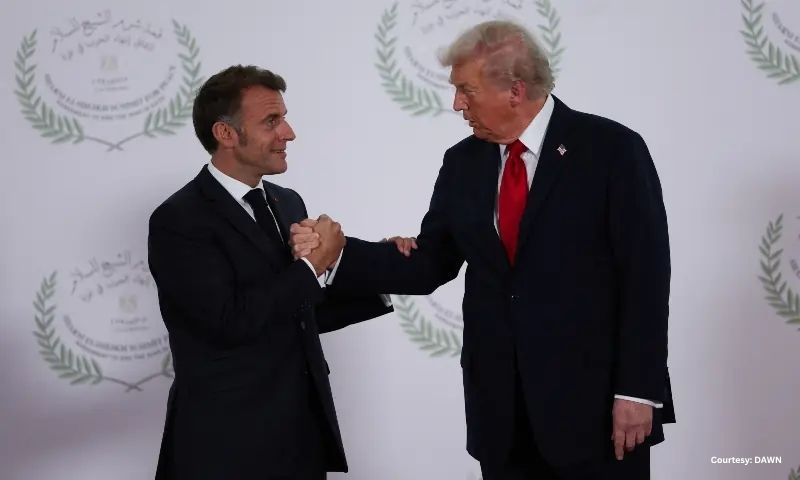WASHINGTON — United States — Relations between the United States and France have come under fresh scrutiny after the U.S. President publicly admitted that the two allies have faced “a lot of problems” in recent months. The comments mark a rare and candid acknowledgement of friction between two nations traditionally considered close partners in transatlantic affairs.
While the President did not elaborate on the precise issues, diplomatic observers suggest several areas of contention. Trade disagreements, particularly over tariffs and regulatory policies, have caused tension, alongside disputes regarding military operations, defence spending, and coordination on security initiatives in the Middle East and North Africa. Analysts also note differences in climate policy and energy strategy as contributing to the growing diplomatic gap.
French officials have yet to issue a formal response, but sources indicate that Paris is preparing a careful diplomatic engagement to address concerns and reaffirm the value of the bilateral relationship. European Union representatives have also reportedly been monitoring the situation closely, warning that any escalation could have wider implications for NATO cohesion and transatlantic coordination.
Despite the pointed remarks, both Washington and Paris emphasise that institutional ties remain robust, with ongoing collaborations in intelligence-sharing, counterterrorism, and global security issues. Experts believe that while the public comments may strain political optics, channels for negotiation and dialogue remain open, providing space to resolve differences without undermining the longstanding alliance.
The President’s statement comes at a sensitive time, as both countries prepare for upcoming high-level summits and global economic forums, where coordinated positions on security, trade, and climate are expected to be key discussion points.
This story has been reported by PakTribune. All rights reserved.



